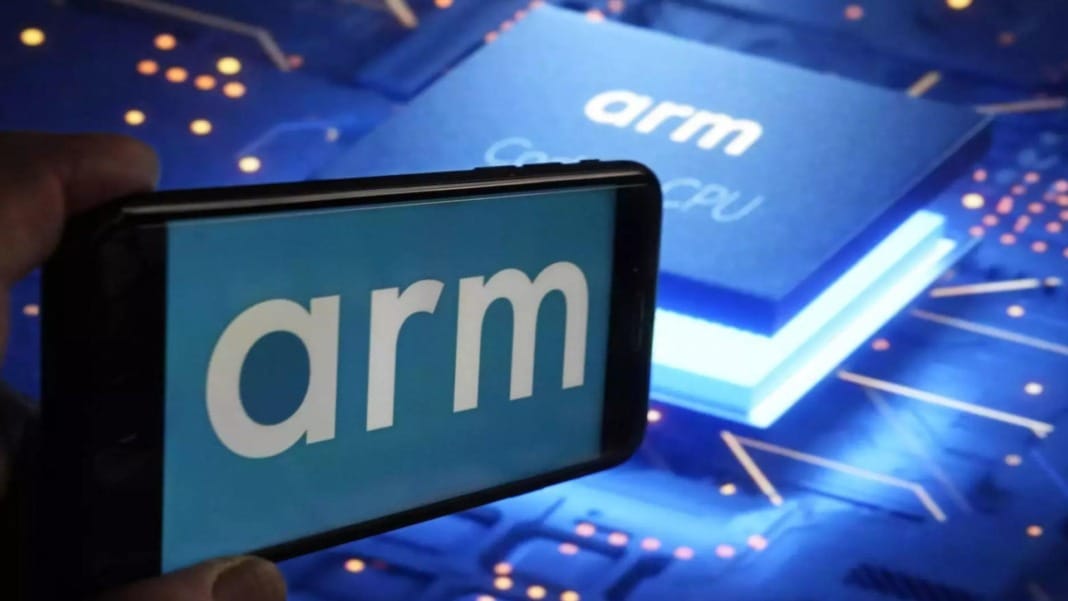Arm has escalated its ongoing conflict with Qualcomm two years after initiating a lawsuit against its former partner. The British semiconductor company has officially cancelled the architecture license that allowed Qualcomm to utilise its intellectual property and chip design standards. According to Bloomberg, this development could significantly affect both companies, particularly Qualcomm’s operations.
Cancellation notice issued
Arm has reportedly sent Qualcomm a notice stating that the license will be terminated in 60 days unless an agreement is reached. This move has raised concerns about the potential impact on Qualcomm’s financial health and ability to continue operations as usual. Like many chip manufacturers, Qualcomm relies on Arm’s proprietary computer code, which is essential for running software, including operating systems. Qualcomm’s ability to sell its products could be severely limited if the companies do not resolve their differences within the specified timeframe.
This dispute follows Arm’s lawsuit against Qualcomm, which began in 2022. The lawsuit was triggered when Qualcomm acquired a company called Nuvia, a licensee of Arm. Arm contends that Qualcomm did not secure the necessary permissions to transfer Nuvia’s licenses, leading to a breach of contract. As a result, Arm claimed that it had terminated the licenses previously granted to Nuvia.
Impact on Qualcomm’s business
Qualcomm has been utilising technology developed by Nuvia in its chips designed for artificial intelligence (AI) PCs, which major brands such as Microsoft and HP use. However, Arm demands that Qualcomm cease using this Nuvia-developed technology and remove any Arm-based technology created before the acquisition.
Should the dispute remain unresolved, Qualcomm could be forced to halt sales of many chips, contributing to its substantial annual revenue, which amounts to approximately US$39 billion. Qualcomm views Arm’s actions as a strategy to intimidate its business and seeks to increase royalty rates. A spokesperson for Qualcomm expressed frustration, stating to Bloomberg and the Financial Times, “This is more of the same from Arm — more unfounded threats designed to strong-arm a longtime partner, interfere with our performance-leading CPUs, and increase royalty rates regardless of the broad rights under our architecture license.”
Qualcomm also labelled Arm’s grounds for terminating the license as “completely baseless” and expressed confidence that its rights under the existing agreement would be upheld.
Arm’s response to Qualcomm’s actions
In contrast, an Arm spokesperson articulated that the formal action taken against Qualcomm was necessitated by “Qualcomm’s repeated material breaches of Arm’s license agreement.” They emphasised that this course of action is vital to safeguard the unique ecosystem that Arm has cultivated with its valued partners over more than three decades. Furthermore, Arm is poised for a trial scheduled for December and is optimistic that the court will rule in its favour.
As the situation develops, both companies are under considerable pressure to negotiate a resolution that avoids further business disruptions and addresses the severe implications for their financial standing. With the 60-day notice approaching, Qualcomm and Arm’s next steps will be crucial in determining the future of their partnership and the broader impact on the semiconductor industry.





